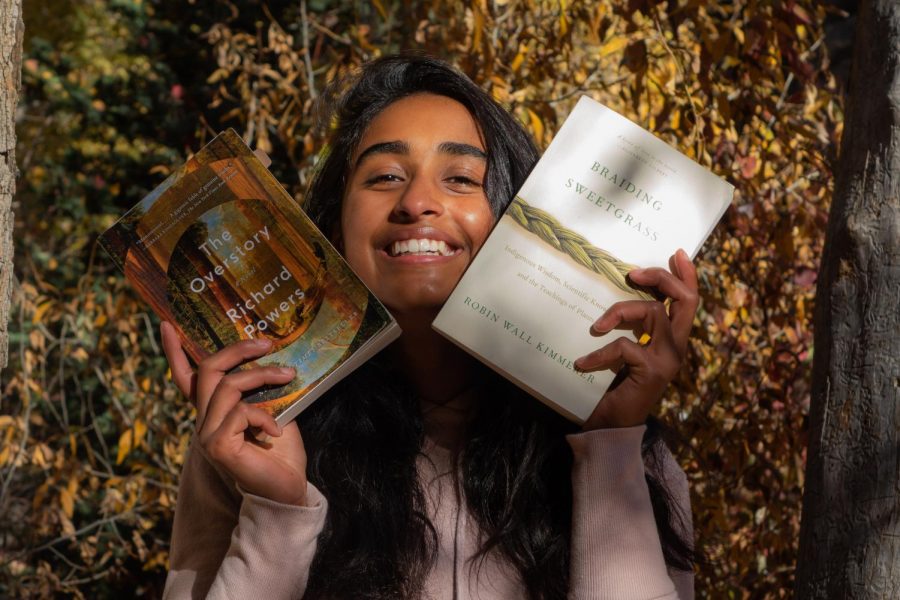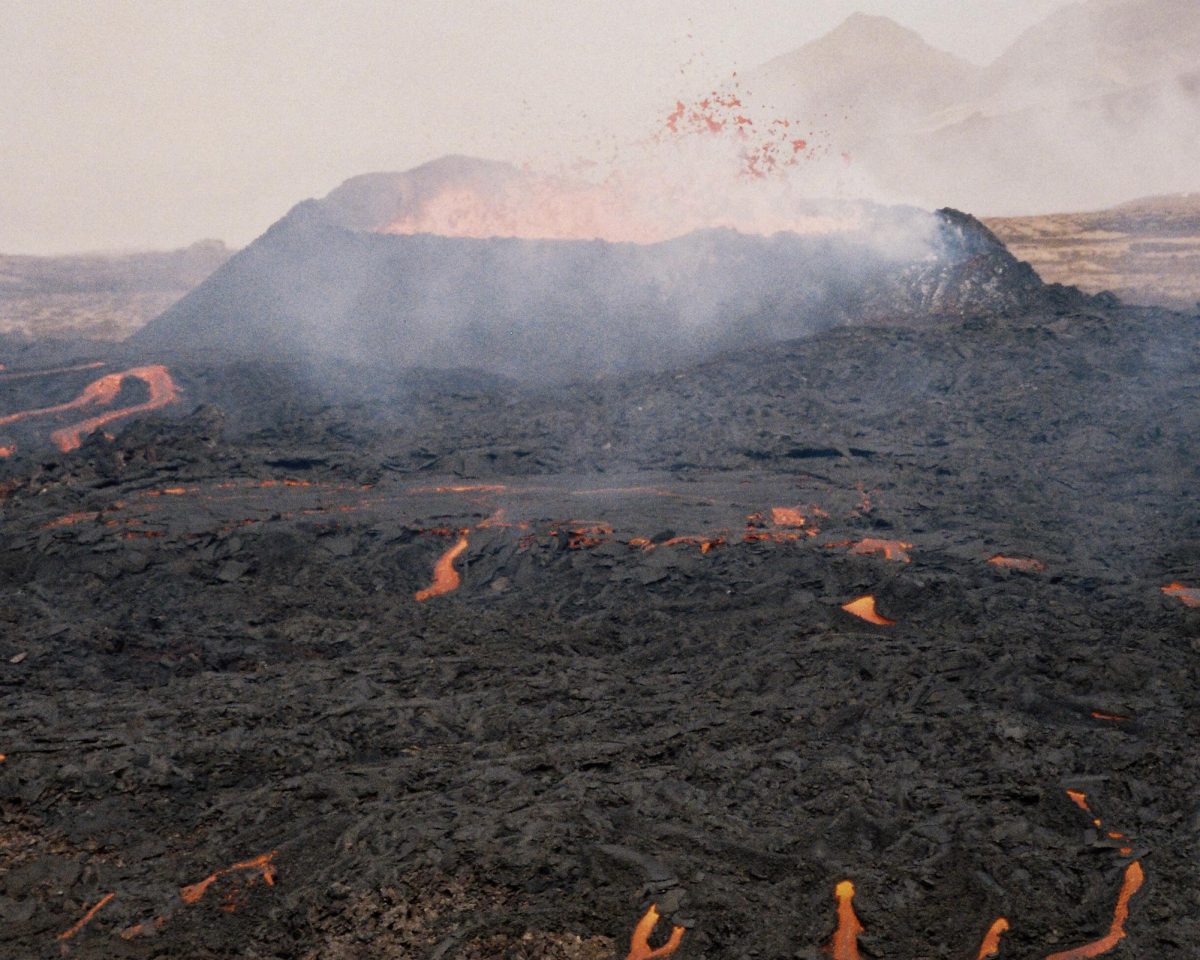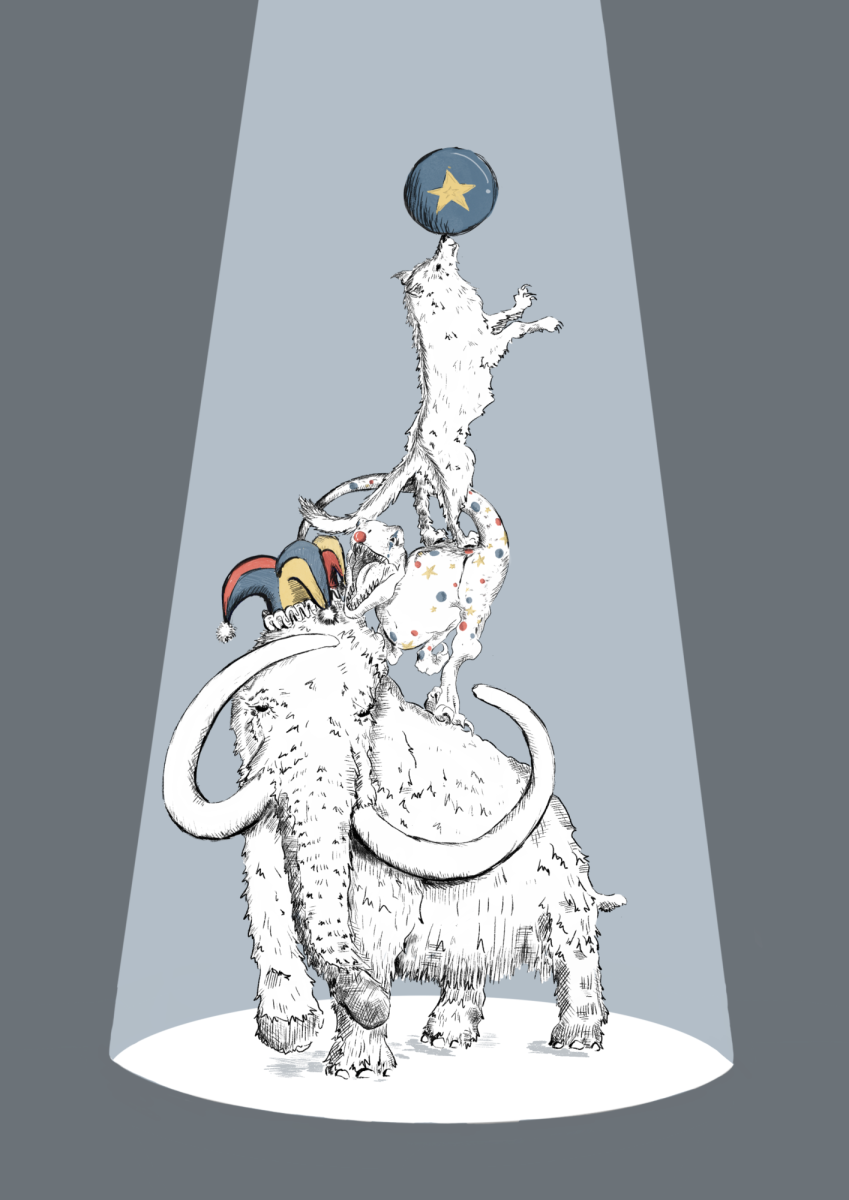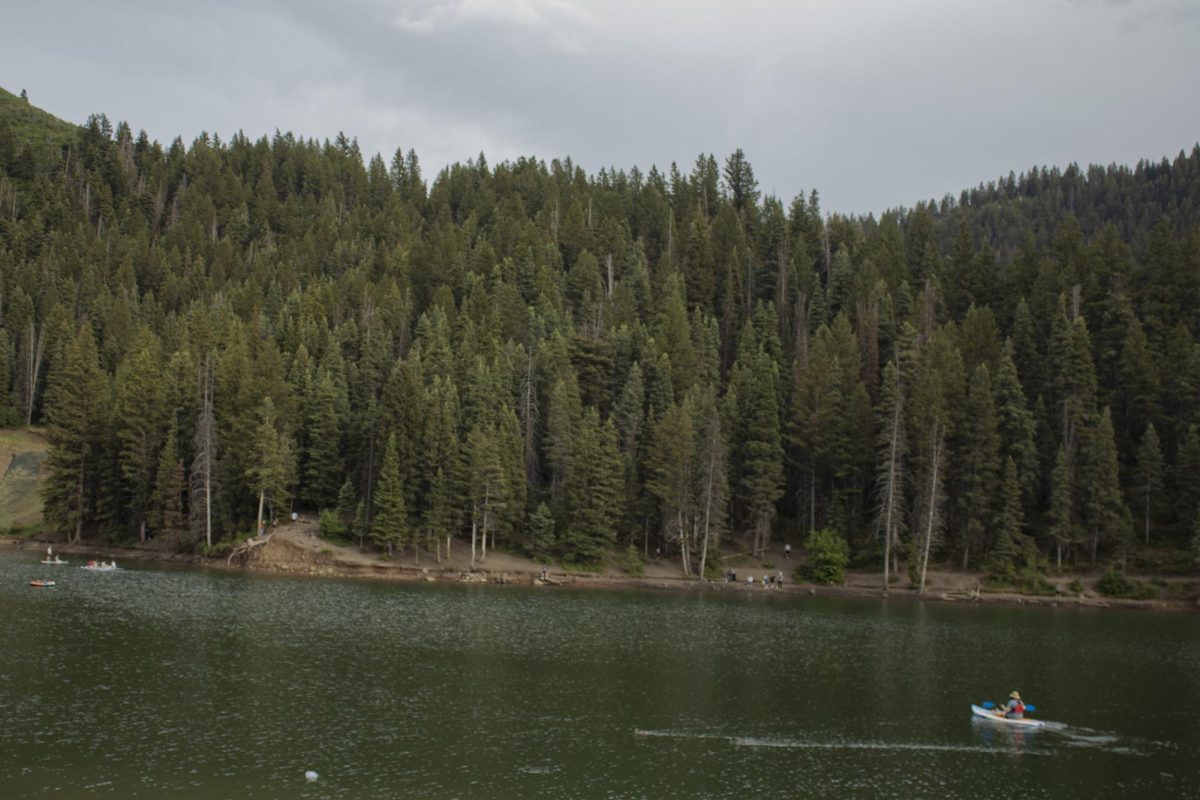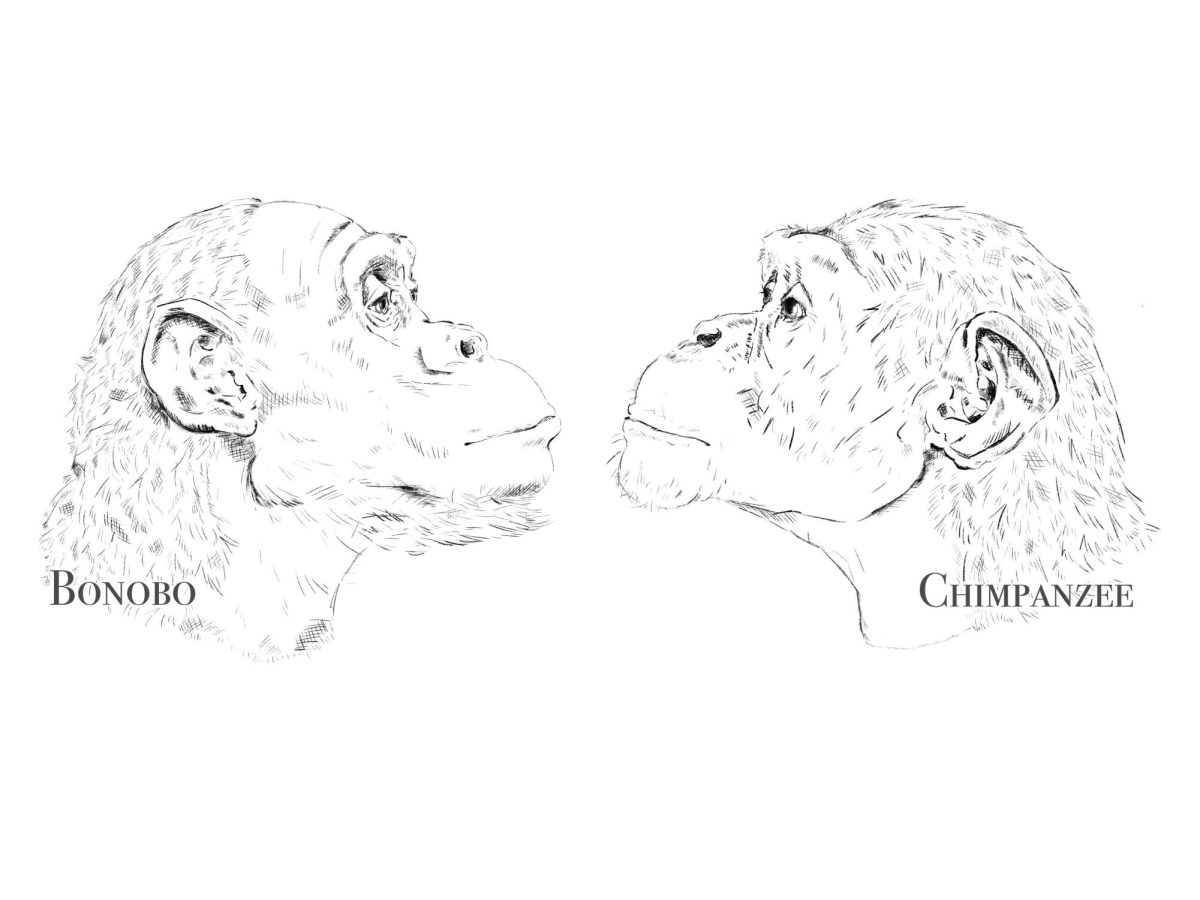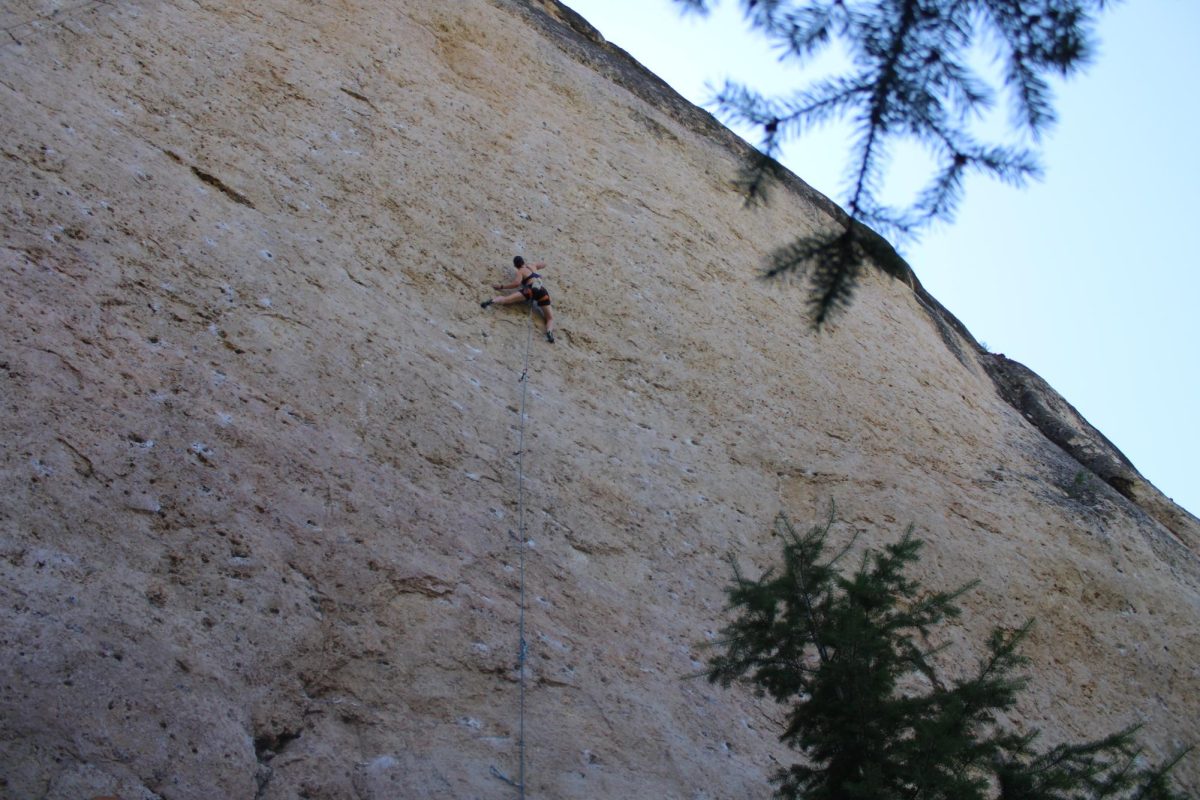Book Review: Three Thought-Provoking Stories for the Winter Season
December 27, 2020
Winter is almost upon us, which means it’s the perfect time to get cozy with a brand new book. If you are on the prowl for some books to keep you company this season, these novels will hopefully provide some magic for your mind and soul as we all experience our first winter in a pandemic. These three books hold a special place in my heart. I hope they provide you with new insight on the natural world and I hope you enjoy them as much as I have.
The Overstory by Richard Powers
This book has received the Pulitzer Prize for fiction and has rapidly grown to fame since it was published in 2018. Through a series of short fictional stories, each centering around trees in some way, Powers conveys that trees are the silent historians of the world, documenting every story in their widening rings. Each story provides a unique perspective, giving the reader multiple points of view with which to relate and connect. The trees from each story form a canopy as Powers intricately weaves these them together, rooting them all through the same foundation. This novel breathes animation and life into trees in a way I had never before experienced. It’s almost as if this book unveiled a metaphorical heartbeat within trees. I started noticing their intricacies and their unique facets more — the complexities I couldn’t even begin to comprehend. I began to feel their presence and notice how they were always listening, inscribing their observations in their growth over years. This book is as captivating as most fictional novels while rooting me to the earth and awakening a connection in me that I had forgotten.
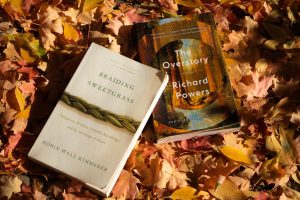 Braiding Sweetgrass by Robin Wall Kimmerer
Braiding Sweetgrass by Robin Wall Kimmerer
This novel also offers a unique perspective and brought to light a lot of biases I didn’t realize I had. Kimmerer is a botanist as well as a citizen of the Potawatomi Nation. Each chapter explores a different topic in which Kimmerer seeks to explain her perspective through a culmination of personal experience, indigenous knowledge and science. Most of the novel focuses on the theme of mutualism — where we balance what we take from the land with what we give to the land. Kimmerer views the land as a living entity rather than a tool for human profit. I was surprised to find that a lot of the perspectives she presented felt very foreign to me, even though I try to live a life that is respectful to nature and focuses on conservation. It made me realize that I am more entrenched in a Western view of the world than I realized. I was also shocked to see that, even though I identify as agnostic, I am entrenched in some Christian perspectives as well. She sets the tone for the novel by discussing the origin story for her tribe and compares that to the origin story of Christianity. This introduction initiates the unweaving of the reader’s mind from very prevalent Western influences. This novel makes you ponder how something as subtle as the grammar of a language can impact how you view the world. This novel has made me question what aspects underlie my perspective of the world and has opened my eyes to a new way of knowing that can hopefully find a balance with my current perspective.
Desert Cabal: A New Season in the Wilderness by Amy Irvine
Edward Abbey is known for his writings about the desert, specifically in the novel Desert Solitaire. He has been praised for his beautiful imagery and the intricate way he describes the desert, as well as his ability to just generally romanticize the desert. Abbey presents the desert as the Wild West, complete with the image of himself as a rugged cowboy. While I do think that Abbey can be a beautiful writer, I also believe there is a lot that is inherently wrong with many of his perspectives on topics such as land management and desert recreation. I think his writing often conveys a tone of arrogance and possessiveness of the land. Desert Cabal is a critique of Desert Solitaire. Irvine takes the ideas that Abbey posed fifty years ago and builds on some while pointing out the flaws in others. She points out the dangers of romanticizing the wilderness as Abbey did. Abbey turned the desert into an object of exclusivity and romanticized that aspect, stating on multiple occasions his distaste for humans recreating in the desert. Irvine points out the flaws in this logic and shows that idealizing a place for being exclusive is a form of possession that diminishes and disrespects the wilderness of the desert. Humans need to be immersed and exposed to these places to gain an appreciation for them and be willing to fight for them. I know a lot of people idolize Abbey and his way of thinking. I myself did not realize a lot of the flaws present in Desert Solitaire until I read Irvine’s book. Desert Cabal challenged me to unveil the ways that I unhealthily romanticize the desert and the wilderness and has helped me shift my perspective towards one I believe is more respectful towards nature and values, introducing more people to outdoor spaces.


